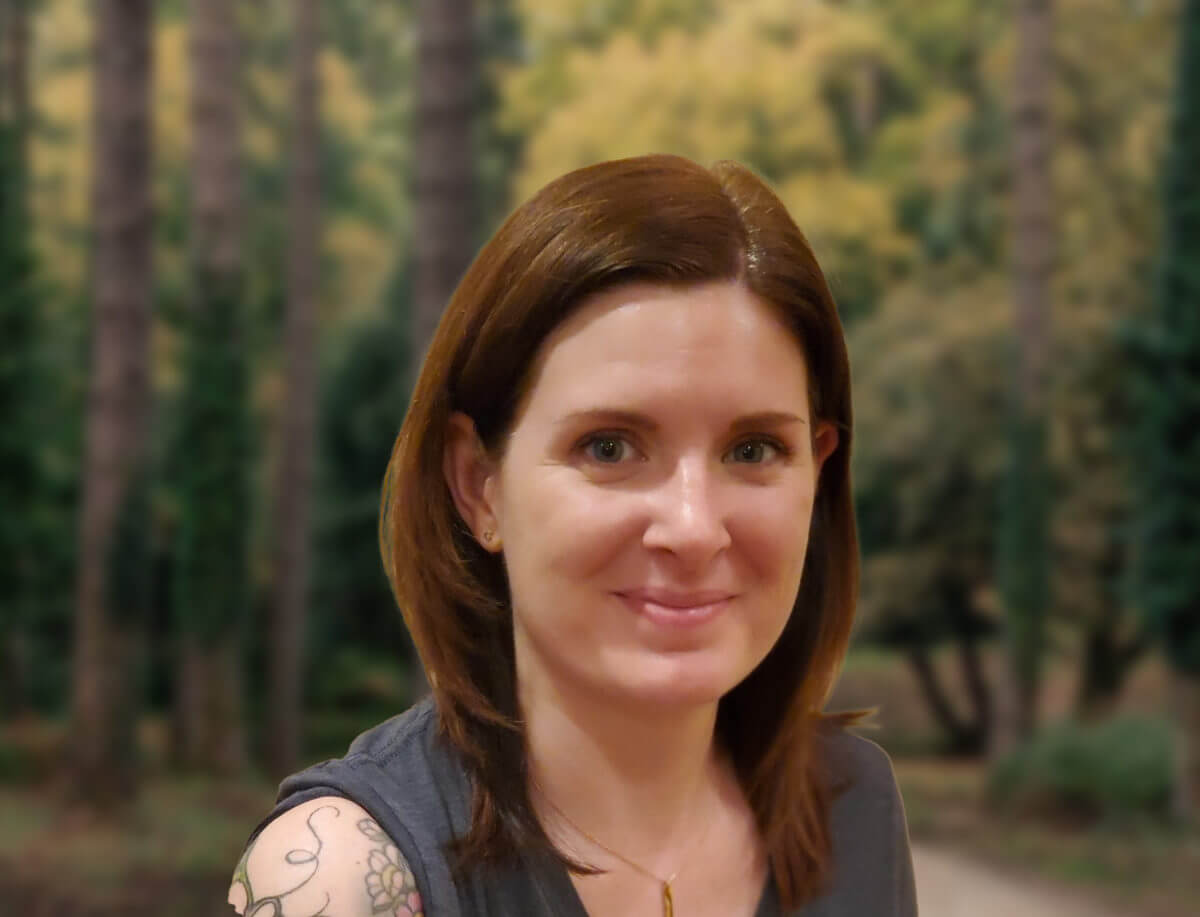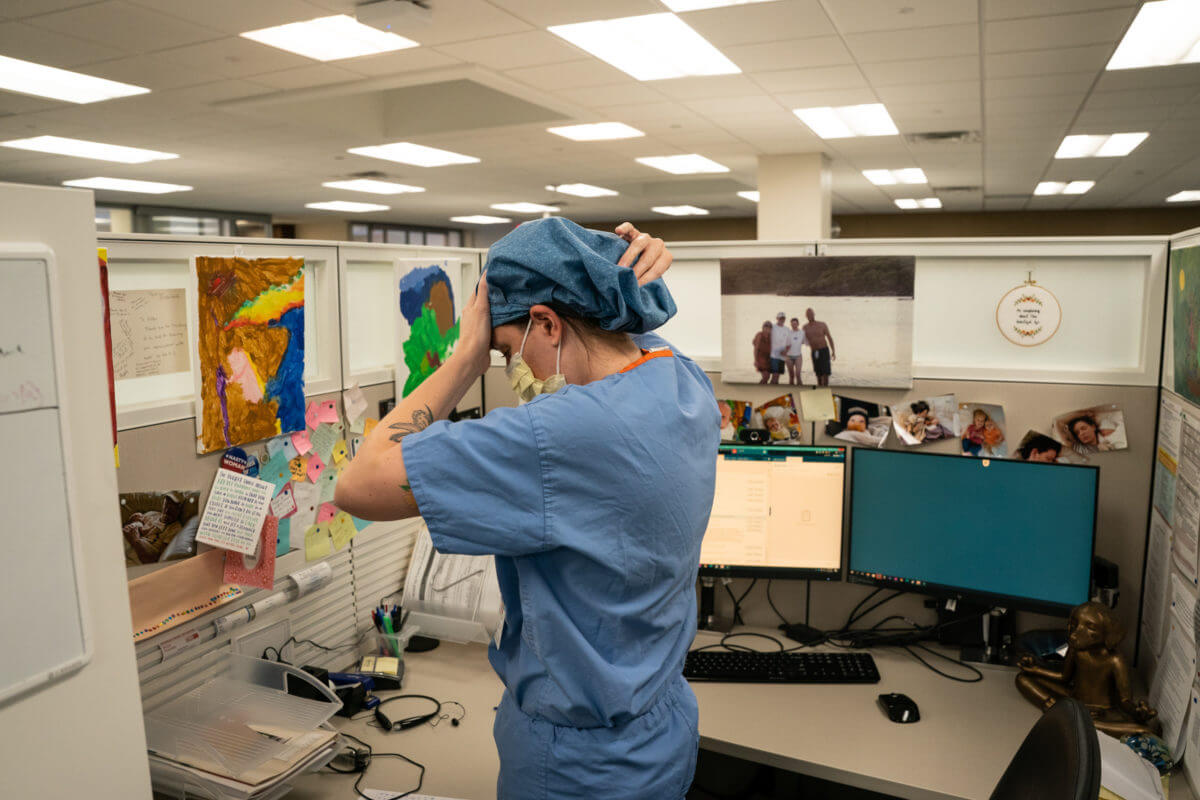My Why
Jessie Roske, MD
Why do I spend time and energy on Clinical Documentation Integrity?
I have been a practicing hospitalist for nearly 10 years now, St Cloud Hospital representing my first position after residency training at University of Minnesota in Internal Medicine. I got into the work for the same reason as everyone else – a desire to help others, make a difference, be impactful, a somewhat naïve belief that I might be able to save someone. Generally speaking, I’m good at it; with the analytical mind to be a good diagnostician, the memory and mental acuity to move through the intensity of the work, and the empathy to be good at the bedside, I started my career confidant I had chosen well. I’m also the first in my family to go to college, let alone graduate school; the self-satisfaction at a distinguished career as a professional in my community is not insignificant. I am incredibly proud of my profession and value the intellectual stimulation of working among highly skilled, highly educated professionals.
Nonetheless, about four years ago, I began to experience most symptoms found on the WHO diagnostic criteria for burn out, representing a woeful cliché of frustration, anger and lamentation that the system was irredeemably broken and that perhaps I had chosen my career unwisely. It seemed everything about the practice of modern medicine was designed to work against the very things that called me to this profession in the first place. I worried that the system was trying to combat burnout in all the wrong ways: calling it burnout thereby putting the onus on the resiliency (or lack thereof) of the clinician, and offering emotional and psychological support while the practice itself still lacked the tools to simply get the busy-work done as efficiently as possible to get back to the bedside where we belong. I don’t believe that CentraCare was erring any worse than any other organization but I also didn’t feel we were innovating in any profound way – the kind of way that might spark provider reinvigoration with the sense that our organization was trying to tackle the root causes of the problem even if we were all still laboring inside a broken system.
A well-done note is the conduit to explain the complexity of the patients you care for and the opportunity to properly risk-adjust clinical outcomes so that the quality of care practiced can be accurately reflected.
Right around this time, I was offered the opportunity to turn an interest in extra-curricular self-education on clinical documentation into a bona fide position. That administrative role has grown over time, with my current position of Medical Director of Performance Improvement presently representing half of my professional role. Here, I have the opportunity to explore innovations that might make my everyday life easier and, even better, how I could operationalize these tools to help my colleagues on a broader scale, leading to the sine qua non of improving the patient experience. This opportunity reinvigorated my professional energy, faith in my organization, and hope for my personal resiliency.

My role in Clinical Documentation Integrity is not, as oft portrayed, a mandate to police the documentation standards of others, to badger colleagues with queries, to add one more task to the insurmountable list of things to accomplish each day. Rather, being a leader in Clinical Documentation Integrity is an opportunity to develop tools to do the work as efficiently and painlessly as possible, howsoever burdensome by its very nature documentation may be. All too often, CDI, coding, compliance and HIM are vilified as necessary evils we all must tolerate to get back to doing the real work of medicine. But the truth is there is so much more to documentation than a throwaway list of conditions and meaningless templated exam information. A well-done note is the conduit to explain the complexity of the patients you care for and the opportunity to properly risk-adjust clinical outcomes so that the quality of care practiced can be accurately reflected. Additionally, and increasingly, our notes are a method of communicating to our patients in an age of transparency where the patient is more the owner and audience of their healthcare information than ever before. A patient is entitled to a chart that accurately reflects their healthcare story; this narrative can have profound effect on engagement in their care plan and faith in their providers. It is true that documentation also serves as the metric for system revenue, professional fees, and liability protection; these are frequently considered the dirty secrets of medicine not fit to be discussed in altruistic company – the self-sacrificing must not consider them lest we be portrayed as mercenary. However, it is worth noting that part of how we serve our communities is maintaining the solvency of a non-profit community asset – with the resources to reinvest in care innovation, absorb the strain of un-reimbursed care, and weather the storm of a once-in-a-lifetime pandemic.
You should know I am happier in my clinical practice than ever and delighted in the opportunity to serve fellow providers and the CentraCare. On behalf of our entire team, please stay in touch and let us know how we can help.
Jessie Roske, MD
Internal Medicine Hospitalist, St Cloud HospitalMedical Director of Performance Improvement, Performance Excellence, CentraCare


